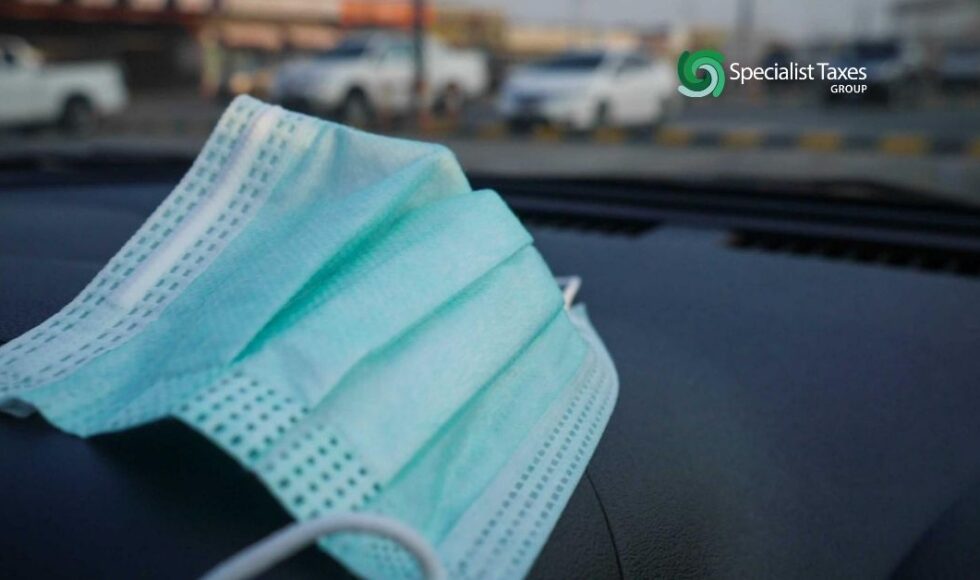Businesses are coming to terms with the realities of COVID-19 and adapting our approaches to work. It is the new norm to work from home for millions of Australians during the pandemic and this has meant a significant drop in car travel and office parking usage.
Despite this sharp drop in car & parking usage, the most commonly used FBT valuation methods for car benefits (statutory formula method) & car parking benefits (statutory method) do not allow any reduction in FBT liability because of a decrease in usage. As a result, employers must act now to put in place alternative methods (some of which are addressed below) to reduce their FBT liability.
Despite this sharp drop in car & parking usage, the most commonly used FBT valuation methods do not allow any reduction in FBT liability because of a decrease in usage. Employers must act now to put in place alternative methods to reduce their FBT liability.
ATO fact sheet on car benefits & COVID-19
The ATO recently released a fact sheet acknowledging FBT obligations relating to employer provided cars has been impacted by the COVID-19 pandemic.
The fact sheet, entitled ‘COVID-19 and car fringe benefits‘, does not the FBT concessions that employeres are expecting.
Rather, the ATO has recommended employers seek to utilise the alternate method for determining the taxable value of car frinbe benefits – the log book method (operating cost method).
Based on this method, the ATO has confirmed that it will accept that the car has not been held for the purpose of providing a fringe benefit on days when the employee does not drive it at all, or only briefly to keep it in working order.
Any concessions for cars that do not have a log book?
The simple answer is No. The ATO confirmed that for these cars, FBT will continue to arise where the car is made available for the employees private use, irrespective whether it is not used at all.
Put simply, if a car is kept at the employees home there are no FBT concessions and FBT will continue to arise unless the car is returned to the employer and the keys are not in the employees posession.
To achieve real FBT savings businesses consider implementing log books to work vehicles and applying the 12 week register/actual methods for car parking
The future outlook?
There has been a rapid and large-scale shift across many industries towards working remotely and this will continue post COVID-19. Businesses have invested heavily in remote working technology and infrastructure, and the popularity of virtual communication platforms has increased significantly.
Advocates see this as a perk to attract and retain talented employees and as a strategy to save on office related costs.
A recent survey by Boston Consulting Group found that up to 60% of staff surveyed revealed a preference to working from home two or three days a week (increasing to up to 100% of the time for those above 60 years of age).
This shift, which is already quietly underway with many businesses telling most staff to work from home at least until next year.
As a result, some of the FBT valuation methodologies that were once hailed as producing the lowest taxable value will in fact be costing the business significantly more.

Businesses must act quickly to reap the greatest tax savings
There are a number of options that businesses should be considering if they would like to reduce the FBT liability on cars and car parking benefits, some of these options include:
- Applying the log book method for certain car fringe benefits (its not late to start now)
- Applying the 12–week register method to determine the number of car parking benefits that arise
- Applying the actual method for car parking (where fleet telematics data is available)
- Consider car FBT policies & potential work related vehicle exemptions
Contact us to have a chat about the above options and others that may be applicable to your business.

